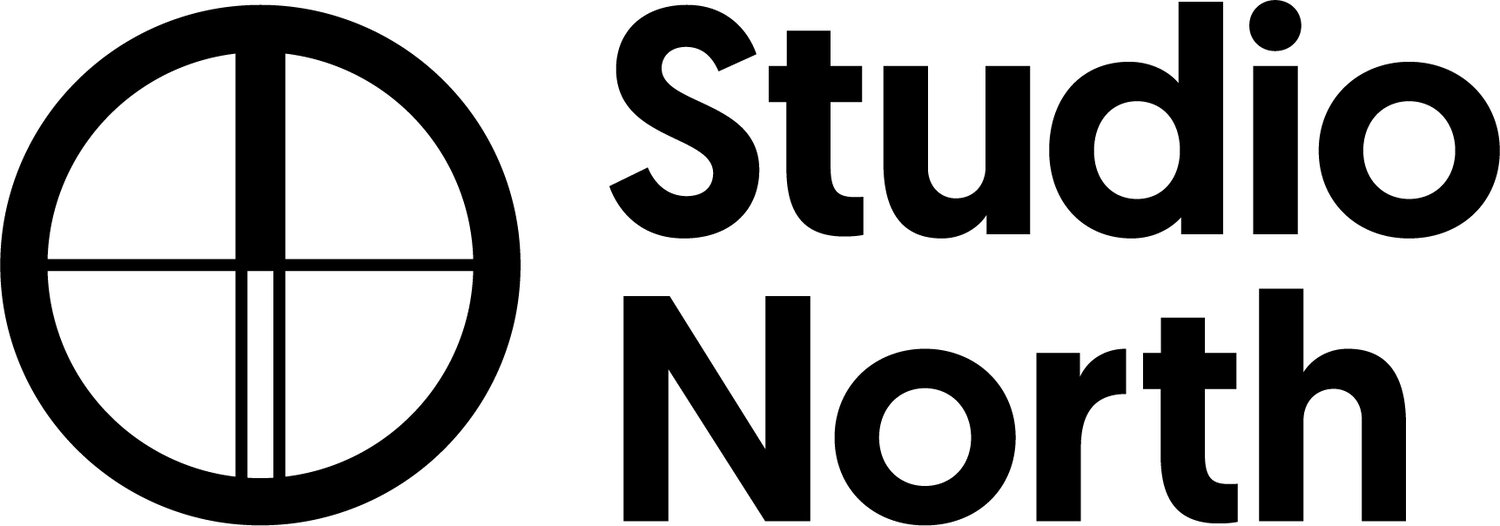Installations
Selected art installations 2009-2019
Wreck City
Location Sunnyside, Calgary Curator Caitlind R.C. Brown Collaborator Ivan Ostapenko Project Photography Matthew Kennedy, Neil Zeller Status Exhibited from April 17 - 27, 2013
Collaborator Ivan Ostapenko Project Photography Matthew Kennedy, Neil Zeller Status Exhibited from April 17 - 27, 2013
Status Exhibited from April 17 - 27, 2013
WRECK CITY: An Epilogue for 809 was a community-based art experiment to transform nine houses, three garages, and a greenhouse that were scheduled for demolition into temporary art, installation, and performance spaces. The biggest project of its type in the history of Calgary and perhaps all of Canada, eight artist-curators invited 100+ artists, musicians, and performers to participate. Artist participants were free to radically alter the architecture of entire houses, re-shaping the homes and their materials, without need for repair at the end of the project. This newly formed community of artists produced a neighbourhood of magical and critically-engaging spaces, made possible only by the freedom of working inside houses soon to be destroyed.
Shadow Entry
Location Centennial Planetarium, Sunalta, Calgary Status Exhibition November 2014 Curator Contemporary Calgary
Curator Contemporary Calgary
This installation was commissioned for a one night fundraiser event for Contemporary Calgary's new home: the Centennial Planetarium in downtown Calgary.
Shadow Entry is an installation about creating a threshold between two distinct rooms. Usually we experience the transition between spaces as defined by doors, walkways, walls, and ceilings. This piece seeks to make this moment of transition a sensual experience, where the threshold is defined by light and shadow. The lights that surround the door obscure the space beyond the threshold, and it is only by walking through the portal that the room is revealed.
Shadow Entry encourages people to slow down as they pass through the threshold and become acutely aware of their own position in space.
The Device for Summoning Rainbows
Location Olympic Plaza, Calgary Collaborator Incandescent Cloud Status Prototype exhibited February 2019, Full installation completed November 2019
Status Prototype exhibited February 2019, Full installation completed November 2019
The device for summoning rainbows speaks to light as an artistic medium – its ability to create ephemeral space and its resonance for sending messages across dark volumes. Light can act as a beacon and its great societal importance is seen when it is used to signal danger, movement, or change ahead. Comprised of polished steel and prisms, the installation aims to project the visible spectrum into the vast, dark, winter sky. Situated in Olympic Plaza, this device was a prototype for a larger public artwork called LIGHTKEEPER that open to the public in November 2019 at Aitken Place Park on Toronto's Waterfront.
Parade of Lights
Location Halifax, Nova Scotia Collaborators Clayton Blackman, Adam Pallissero Status Exhibited Winter 2011
Status Exhibited Winter 2011
This Project was done in collaboration with Clayton Blackman, Adam Palissero along with a design team of over forty talented architecture and engineering students at Dalhousie University. For the 2011 parade of lights the team wanted to push the concept for what an 'EcoFloat' could be. The seven orbs were powered by bikes and accompanied by the student design team, faculty, and staff as they danced and waved to the crowd, generously passing out high fives and smiles.
Surf’s Up
Location Halifax, Nova Scotia Collaborators Andrew Choptiany Status Completed
Status Completed
This project started as a material investigation, searching for an innovative way to build surf boards using common materials. The surf boards are made from standard 2 x 4s that were laminated together and then shaped with a CNC router. They were then sealed with fiberglass and resin to create small air pockets for buoyancy and light penetration. The tool paths for the mill were solved by using parametric logic. A black and white image of wood was rasterized with three defined tool bits set as its parameters. The opportunity of using parametric design allowed for an immense variety of patterns to be iterated through the design process.
The surf boards were first on exhibition for Halifax’s Nocturne Art at night 2011, and are now used to shred wakes on Lake Okanagan!
































